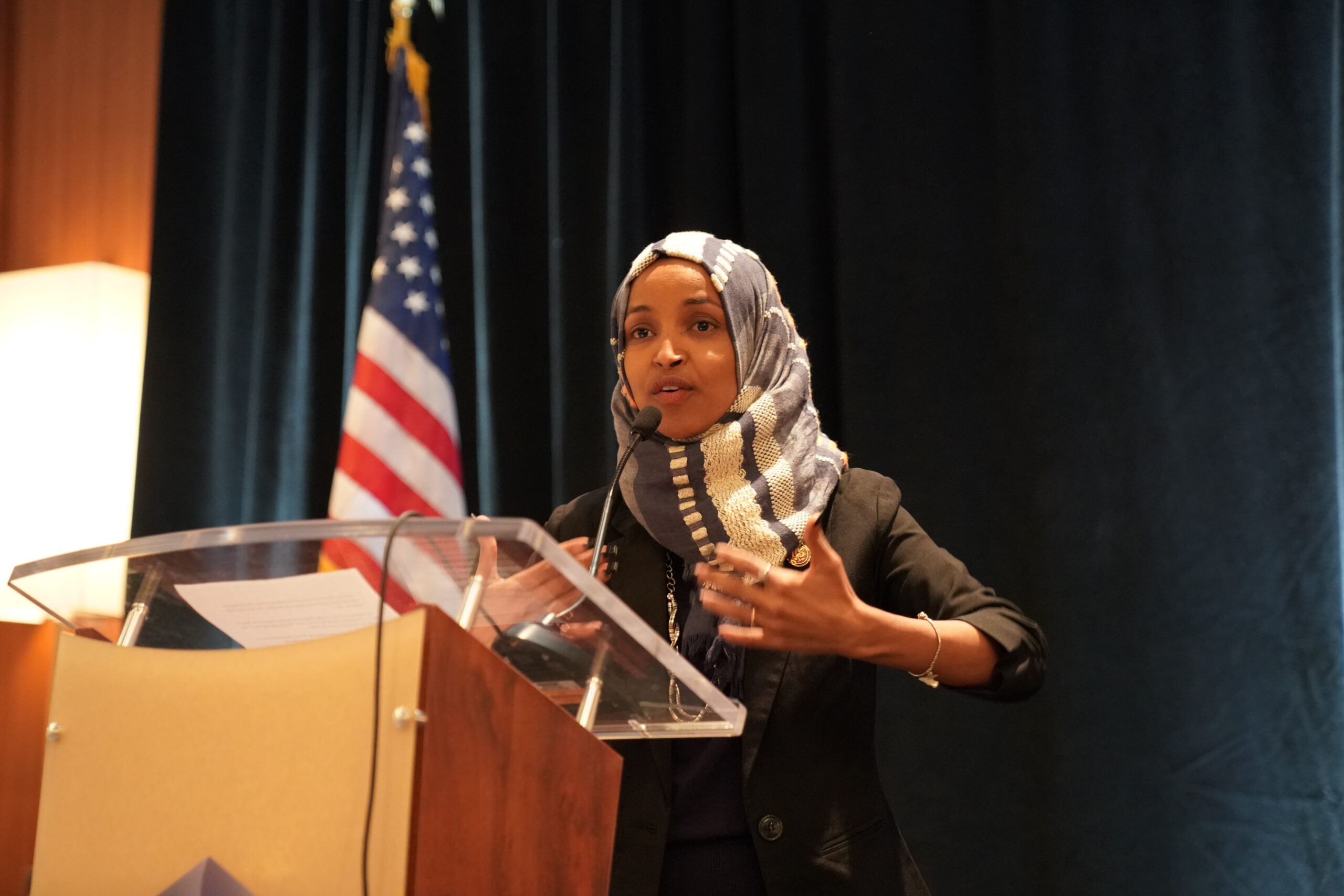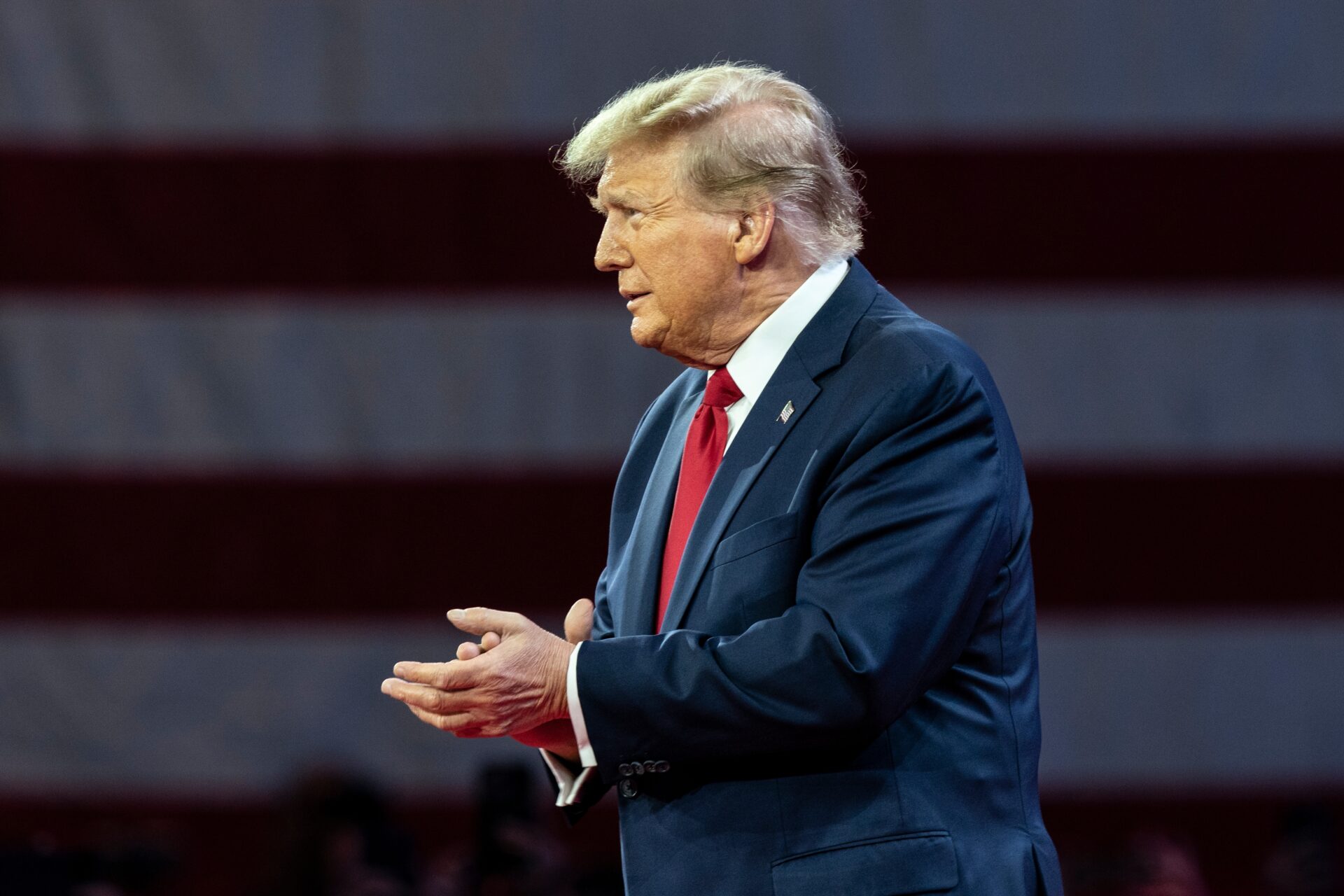North Korea accelerates artillery production and troop deployment in support of Russia, raising alarms over future military and nuclear implications.
At a Glance
- Kim Jong Un orders increased artillery production for Russia’s military efforts in Ukraine.
- North Korea reportedly doubles its annual shell production capacity.
- South Korean intelligence reports major troop deployments with significant casualties.
- Analysts suggest North Korea seeks military technology in return for its support.
Increased Artillery Production
Kim Jong Un has directed North Korea’s munitions industry to boost its artillery shell production to aid Russia’s war efforts in Ukraine. This initiative involves modernizing North Korean factories and doubling their production capacity, an effort praised by Kim himself. In doing so, North Korea continues to strengthen its armed forces, potentially influencing the balance of power in the ongoing conflict.
The increased production may also indicate North Korea’s strategic interest in securing advanced military technologies from Russia. This move raises considerable geopolitical concerns, as it enhances North Korea’s artillery capabilities and indirectly supports its nuclear ambitions.
Deployment and Casualties
Reports indicate that North Korea has dispatched approximately 15,000 soldiers to Russia, primarily stationed in the contested Kursk region. South Korean intelligence highlights that this deployment has resulted in about 5,000 casualties, emphasizing the severe impact on North Korean forces. Russian President Vladimir Putin has publicly acknowledged and expressed gratitude for North Korea’s efforts, labeling the casualties as “Korean heroes who gave their lives.”
Korean heroes who gave their lives – Russian President Vladimir Putin.
The involvement of North Korean combat troops in the Ukraine conflict raises questions about the motivations behind these actions. Analysts suggest that by supporting Russia, North Korea aims to fortify its alliance with a key international player, keeping long-term strategic interests in mind.
Strategic Implications
The cooperation between North Korea and Russia has broader strategic implications. U.S. Forces Korea commander Army Gen. Xavier Brunson has described Russia as North Korea’s “original major benefactor,” suggesting that Russia might share military expertise and technologies in exchange for support in its war efforts. Such exchanges could arguably facilitate the growth of North Korea’s weapons programs, particularly those related to weapons of mass destruction.
In return, Russia is expanding sharing of space, nuclear, and missile-applicable technology, expertise and materials to [North Korea].
The accelerated artillery shell production at quadruple the average annual rate and the military alignment with Russia present a critical juncture in North Korea’s military strategy. This partnership could lead to advanced technological gains while potentially destabilizing the geopolitical landscape.







